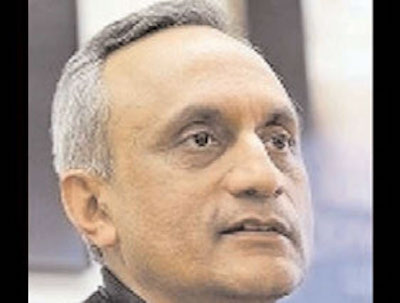
New Delhi (TIP) -The Supreme Court on Friday, Feb 7, flagged the creation of an “impasse” if the Governor withheld his assent on the bills passed by legislative assembly without any communication to the state government and wondered how the deadlock would be resolved.
A bench of Justices J B Pardiwala and R Mahadevan said Tamil Nadu Governor R N Ravi couldn’t simply sit over the bills based on perception of repugnancy with the Central law, without communicating his opinion.
“When the Governor feels that the bill suffers from repugnancy, that it will not fall within the ambit of changes, amendments, etc. So, we have a query. If the Governor is prima facie of the view that the bill suffers from repugnance, should it not bring it to the notice of the state government? How is the government expected to know what is in the mind of the Governor?” the bench asked attorney general R Venkataramani, representing the Governor.
The bench went on to add, “If repugnancy is something that troubled the Governor, then the Governor should have immediately brought it to the notice of the government, which could have reconsidered the said bills.”
Justice Pardiwala, questioned the status of the bills, which were reserved for consideration of the President by the Governor.
“If you are of the view that this bill suffers from repugnancy to the Central law, then you have to give a message. The Governor has to say something like I am referring this bill for the consideration of the President. Otherwise, there will be an impasse. How do you expect the state government to overcome repugnancy? If you create the impasse, you have to clear the impasse. But, who will clear the impasse? There cannot be an absolute deadlock,” it observed.
Venkataramani said in seven of the bills, the assent was withheld by the President and the state government was informed about the decision.
“Withholding the assent means declining the assent,” said the AG submitted, adding when the President decided to withhold the assent, as was communicated by the President in these cases, it meant the bills were repugnant.
The bench, however, said it might not be a correct interpretation of the provisions for accepting the argument would render the provisions under Article 200 and 201 as otiose.
Venkataramani said he would argue on the aspect in detail and sought time till February 10.
The bench, which deferred the matter, indicated it would reserve its verdict on the issue on February 10 after hearing both sides.





Be the first to comment